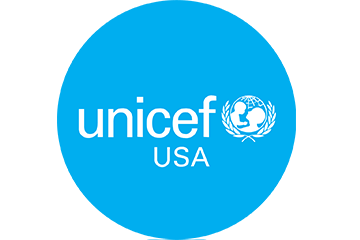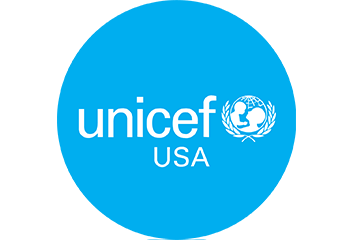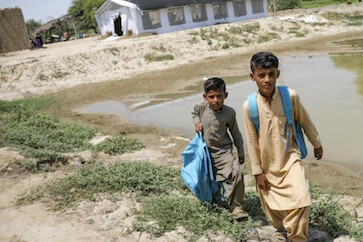NEW YORK/ KINSHASA (April 29, 2022) – UNICEF has urged parents and children living in the western province of Equateur to maintain the utmost vigilance amid the 14th and latest outbreak of Ebola virus which first emerged on the outskirts of the provincial capital Mbandaka.
“UNICEF, through its office in Mbandaka, is on the ground to support health authorities by providing them with critical materials and equipment to strengthen the capacity of the teams in the health zones to better contain the spread of Ebola,” said Katya Marino, UNICEF’s Acting Representative in the DRC.
The warning comes after a second person was confirmed by officials to have died because of Ebola in Mbandaka, the capital of Equateur.
Medics report that one of the two Ebola cases in this latest outbreak – the third in Equateur Province since 2018 – was in extensive contact with a wide variety of people, including doctors and nurses, before he was diagnosed.
“If you trace the patient’s four-kilometer journey from his home to the Ebola Treatment Centre, he went through various neighborhoods and came into contact with people he would have met in church and on motorbike taxis,” said Dr Didi Lusaba at the Wangata General Hospital in Mbandaka, where the patient was initially treated before he was referred. “Some of these people could now be in remote areas, increasing the likelihood of the disease being spread,” he said.
The two recent fatalities were known to each other. The first was a 31-year-old student who was visited by friends and family in hospital before he was diagnosed with Ebola. The second, a woman, was his sister-in-law, who was looking after him during the early stages of his illness.
Urgent efforts are now underway to trace all those who may have had contact with the two Ebola cases. UNICEF is supporting the decontamination of households and health facilities where the pair died.
UNICEF is carrying out a variety of risk communication and community engagement initiatives to raise awareness about Ebola in communities, workplaces, churches, and homes. It has been at the forefront of efforts to deliver water and hygiene materials to community and health centers.
UNICEF is also working to provide psychosocial support to families and children affected by the disease, alongside its work to prevent sexual exploitation and abuse.
Key nutritional supplies for the Ebola Treatment Centre (ETC) have arrived in Mbandaka, including supplies of ready-to-use infant formula therapeutic food and anthropometric materials.
“We must ensure that prevention of infection in children is at the center of the response in Equateur Province, and we have to keep on building resilient health systems and communities to control the epidemic,” Ms. Marino said.
The reappearance of the Ebola virus in Equateur comes four months after the eradication of the last Ebola epidemic in eastern DRC. That outbreak was contained within a three-month period thanks to a joint effort by the government and key partners.
# # #
About UNICEF
The United Nations Children’s Fund (UNICEF) works in more than 190 countries and territories to pursue a more equitable world for every child. UNICEF has helped save more children’s lives than any other humanitarian organization, by providing health care and immunizations, safe water and sanitation, nutrition, education, emergency relief and more.
UNICEF USA advances the global mission of UNICEF by rallying the American public to support the world’s most vulnerable children. Together, we are working toward a world that upholds the rights of all children and helps every child thrive. For more information, visit www.unicefusa.org.
For more information, contact
Mackenzie Dougherty, UNICEF USA, 212.922.2551, [email protected]





